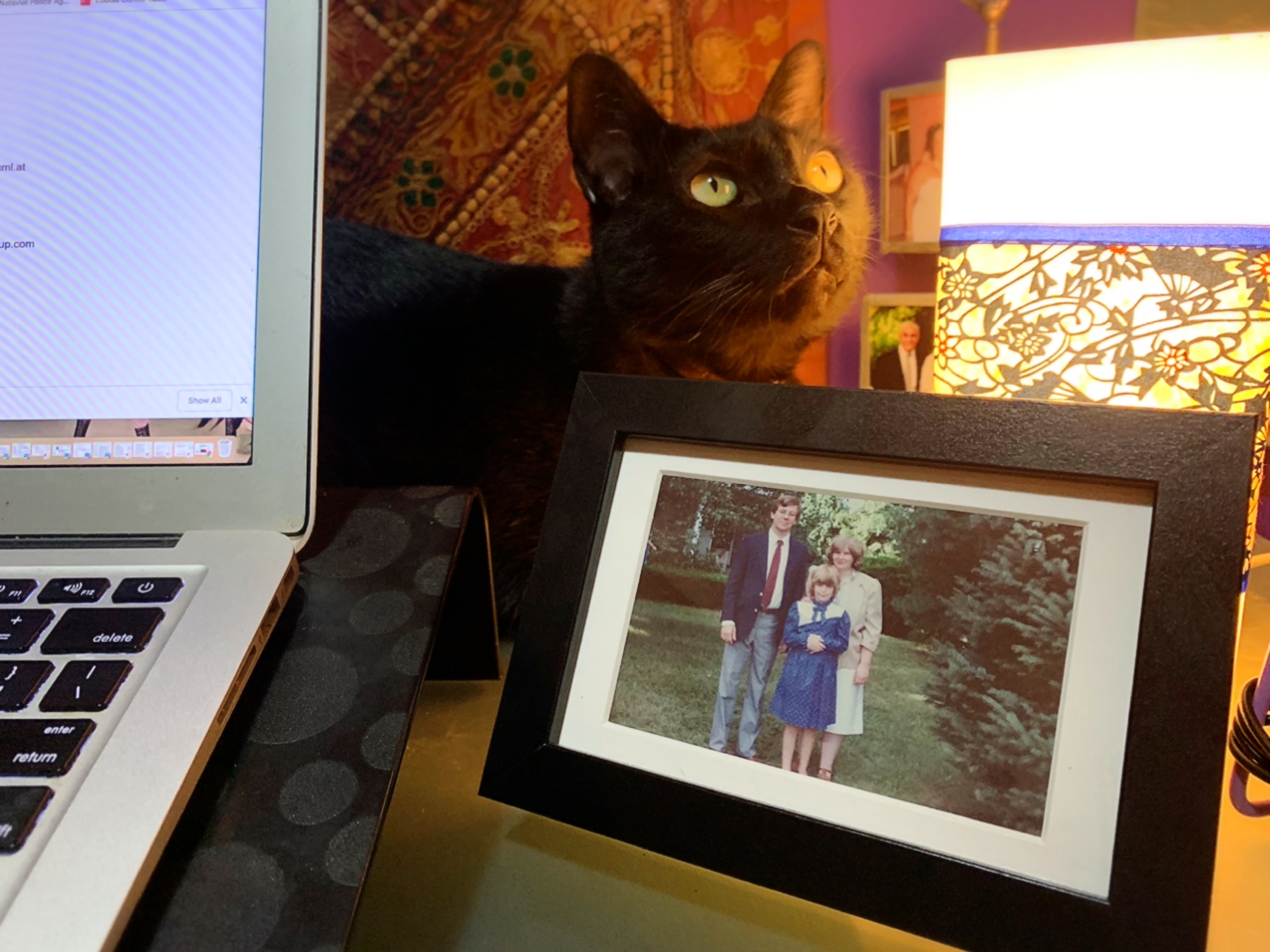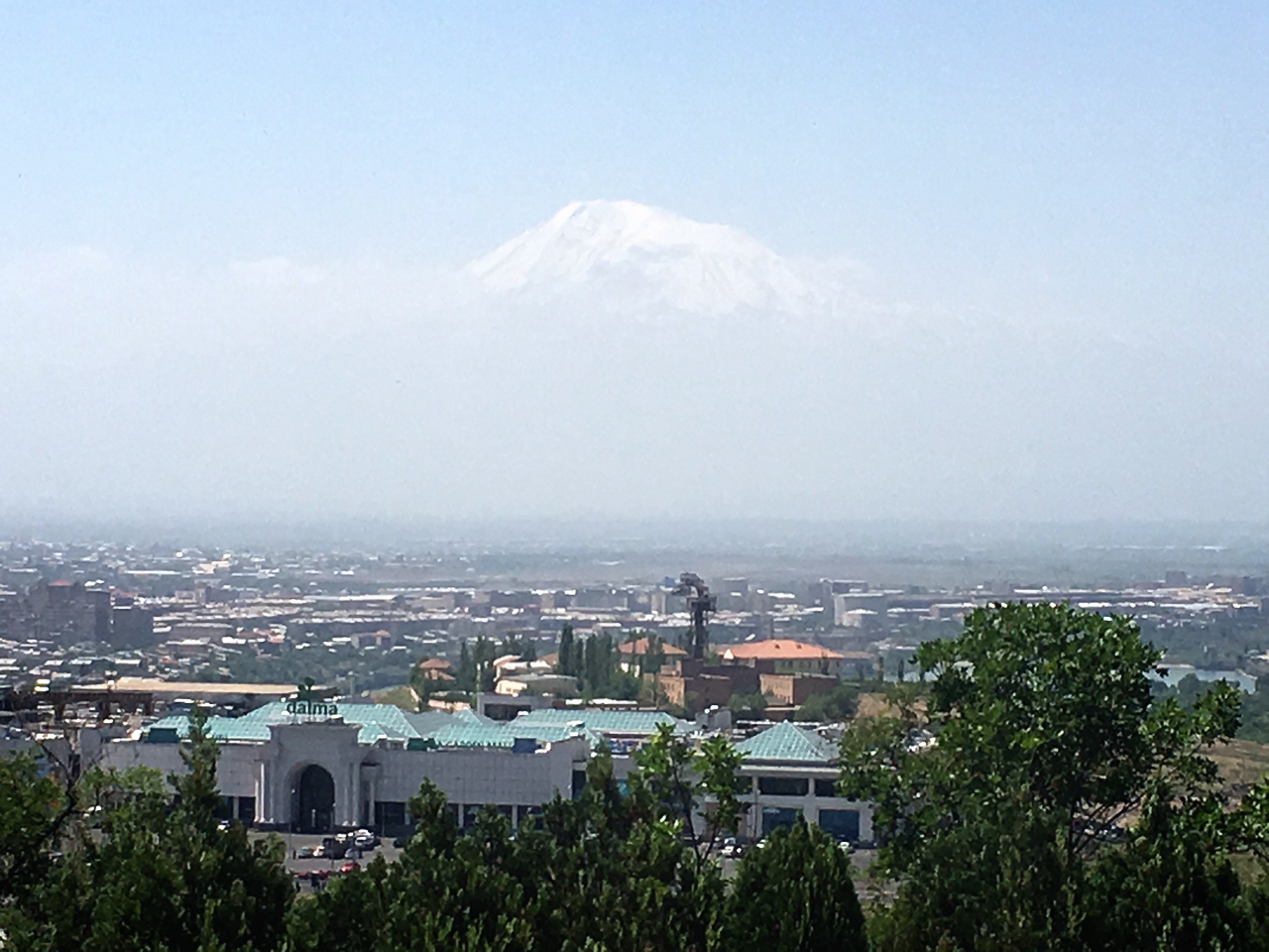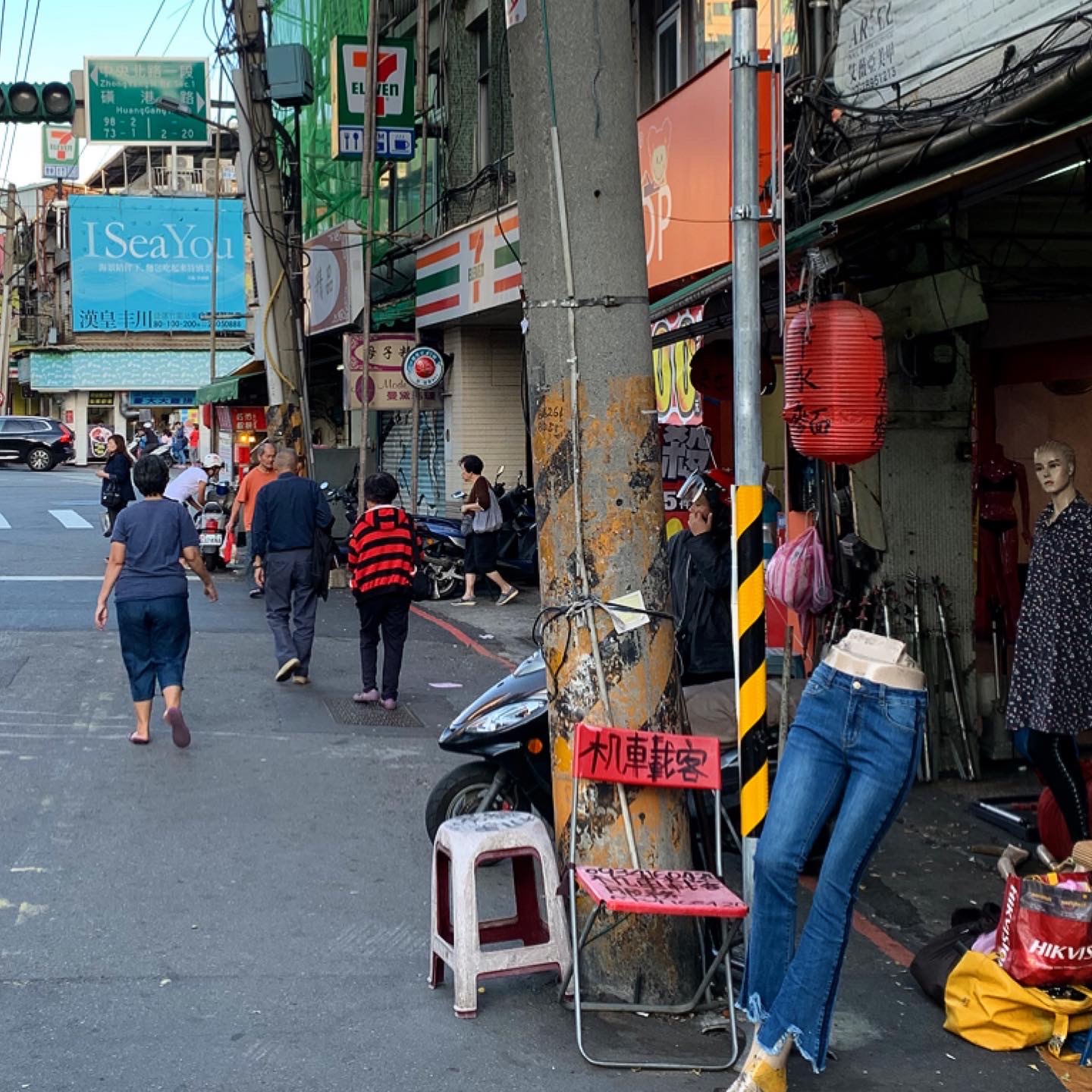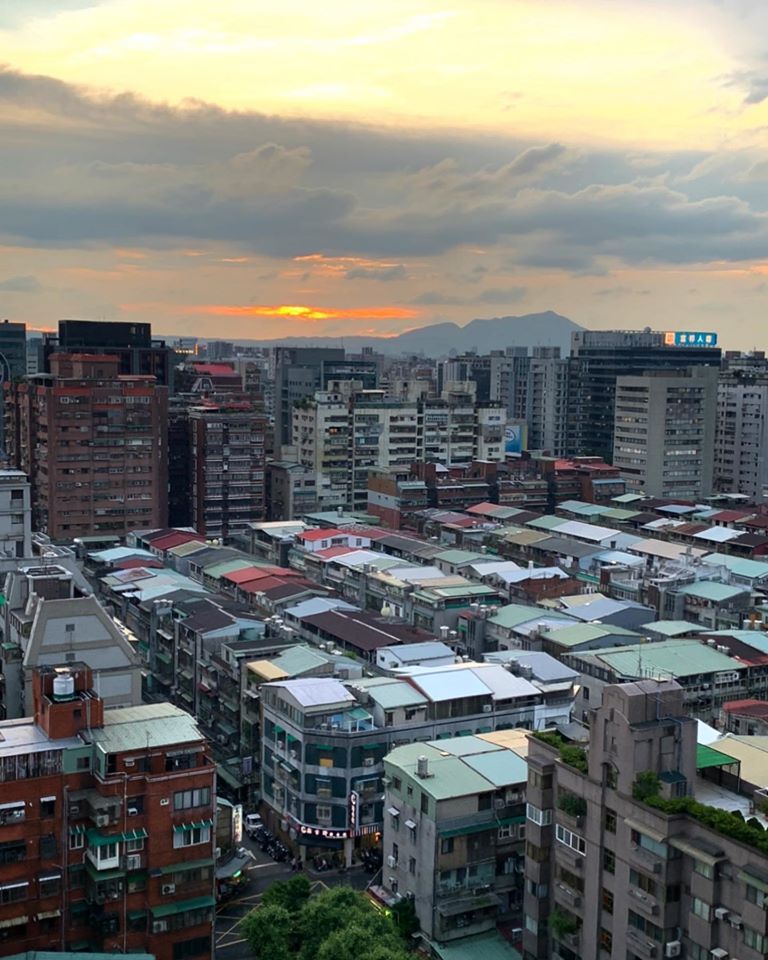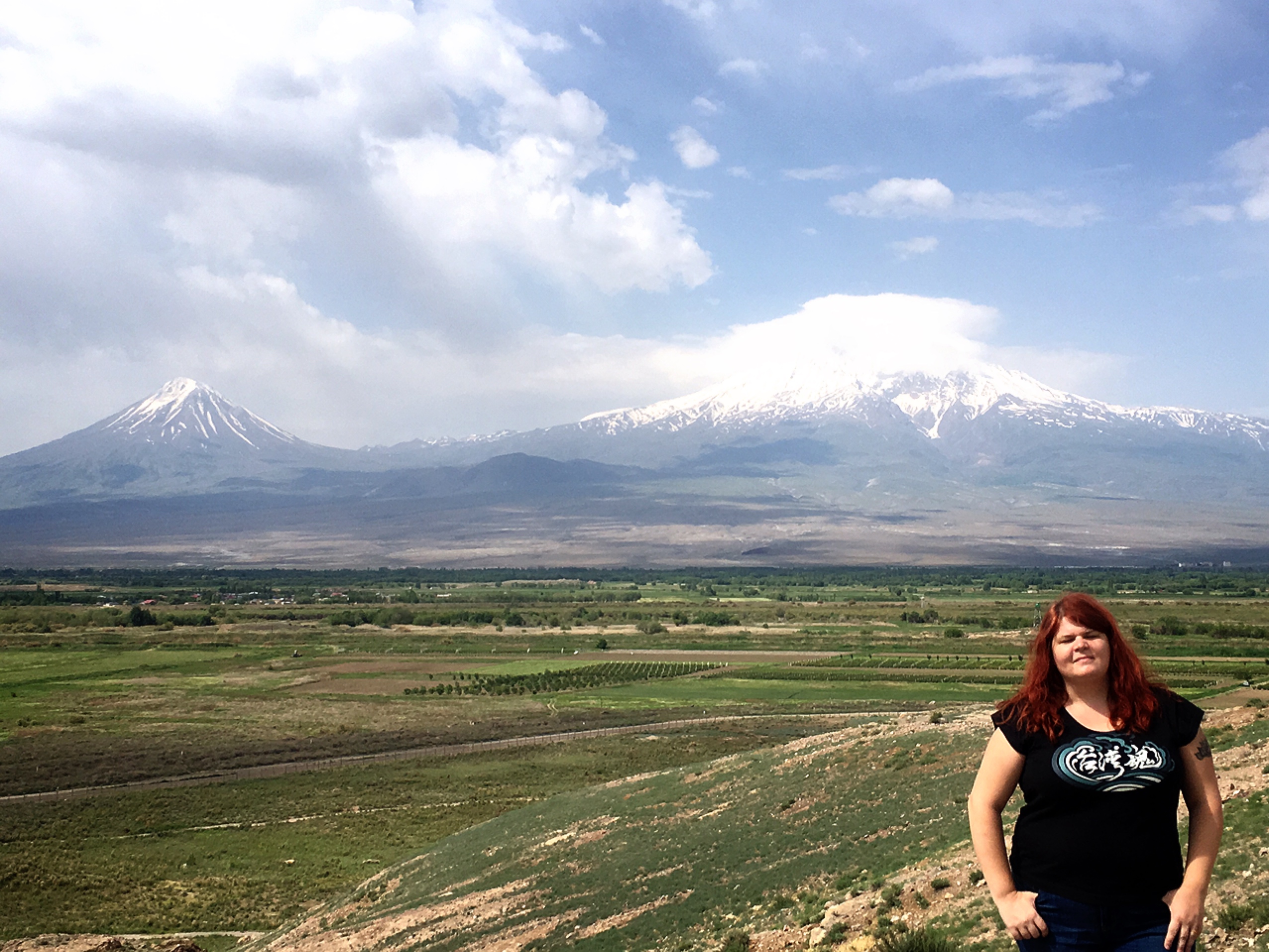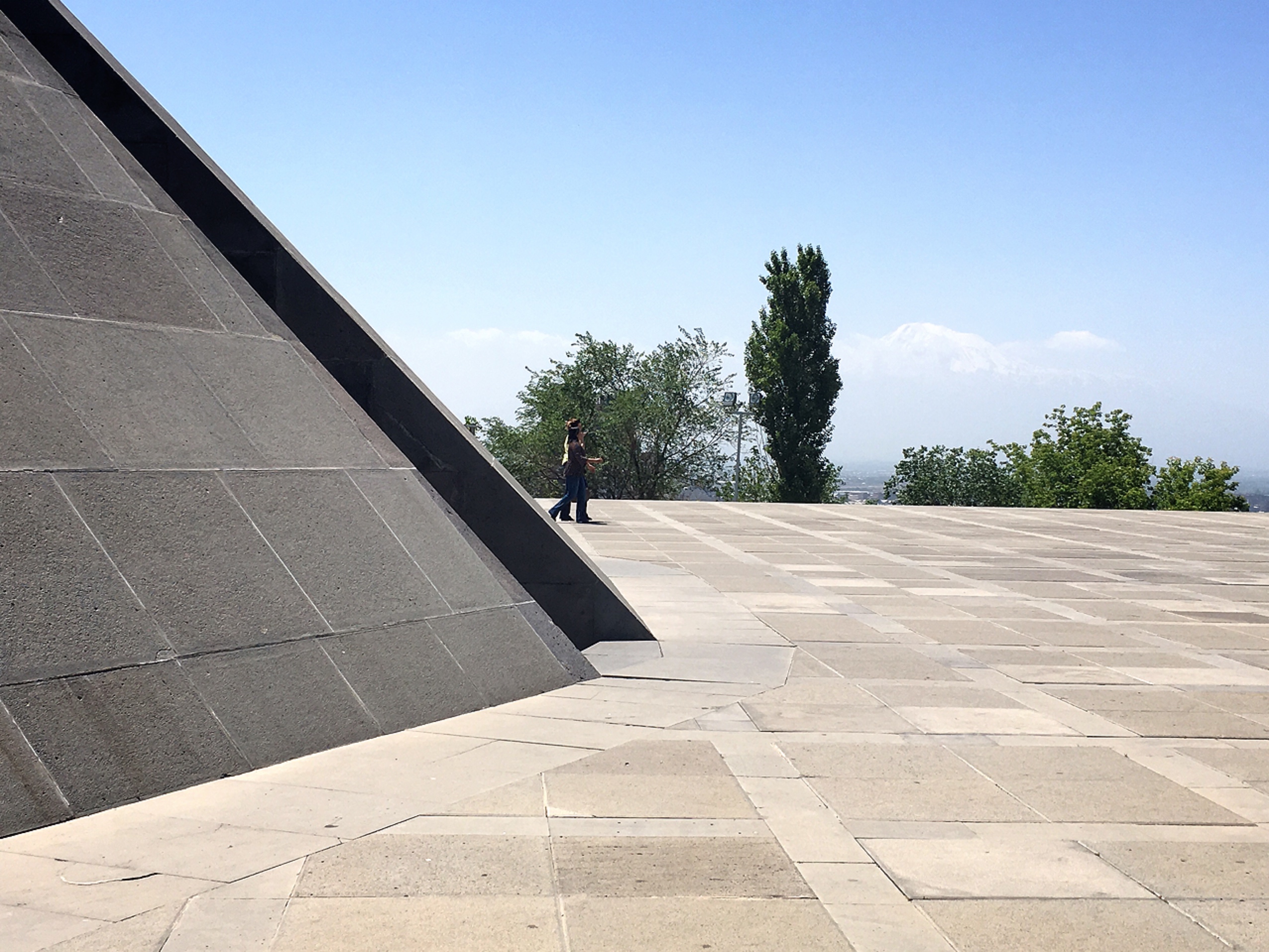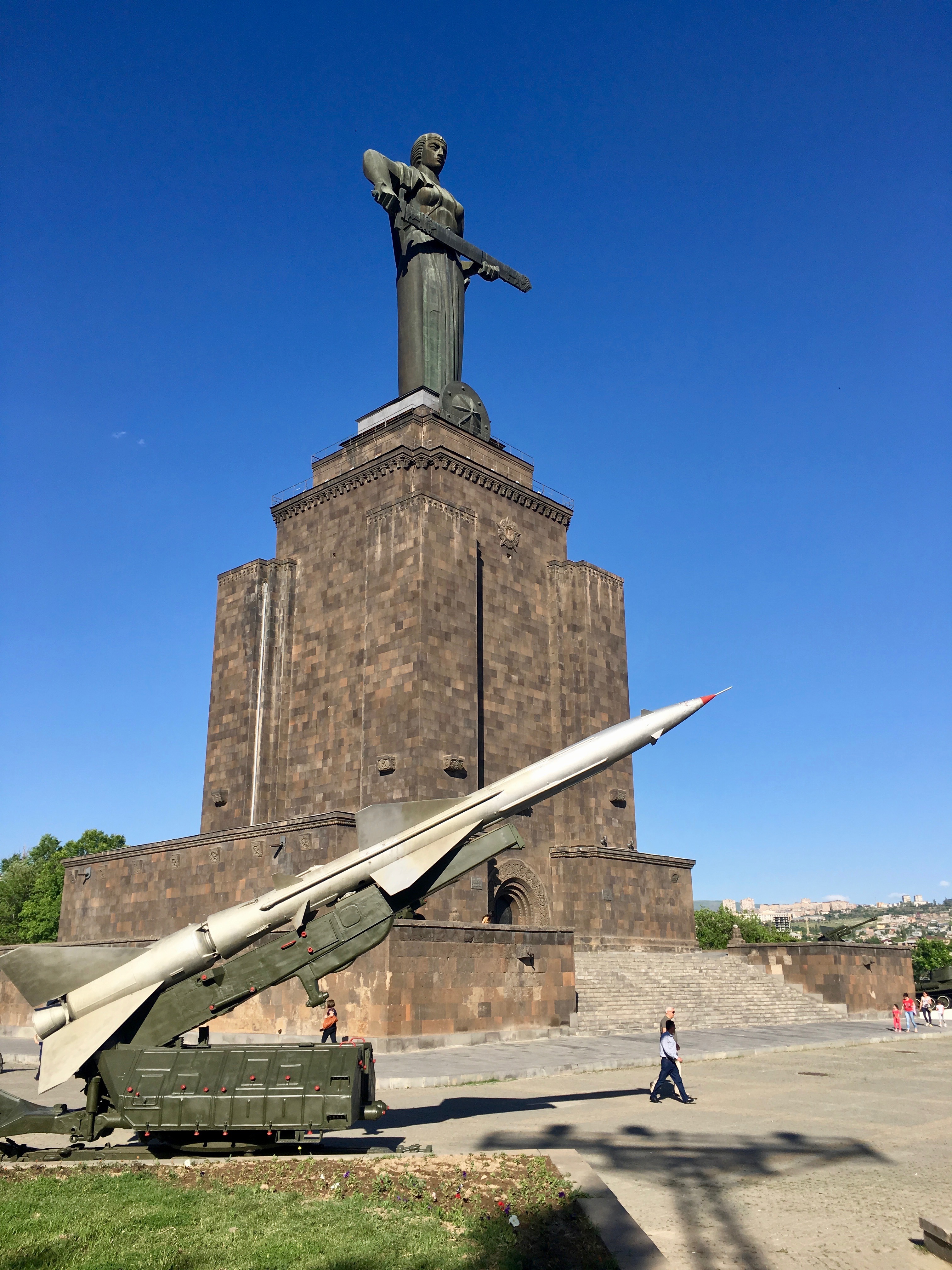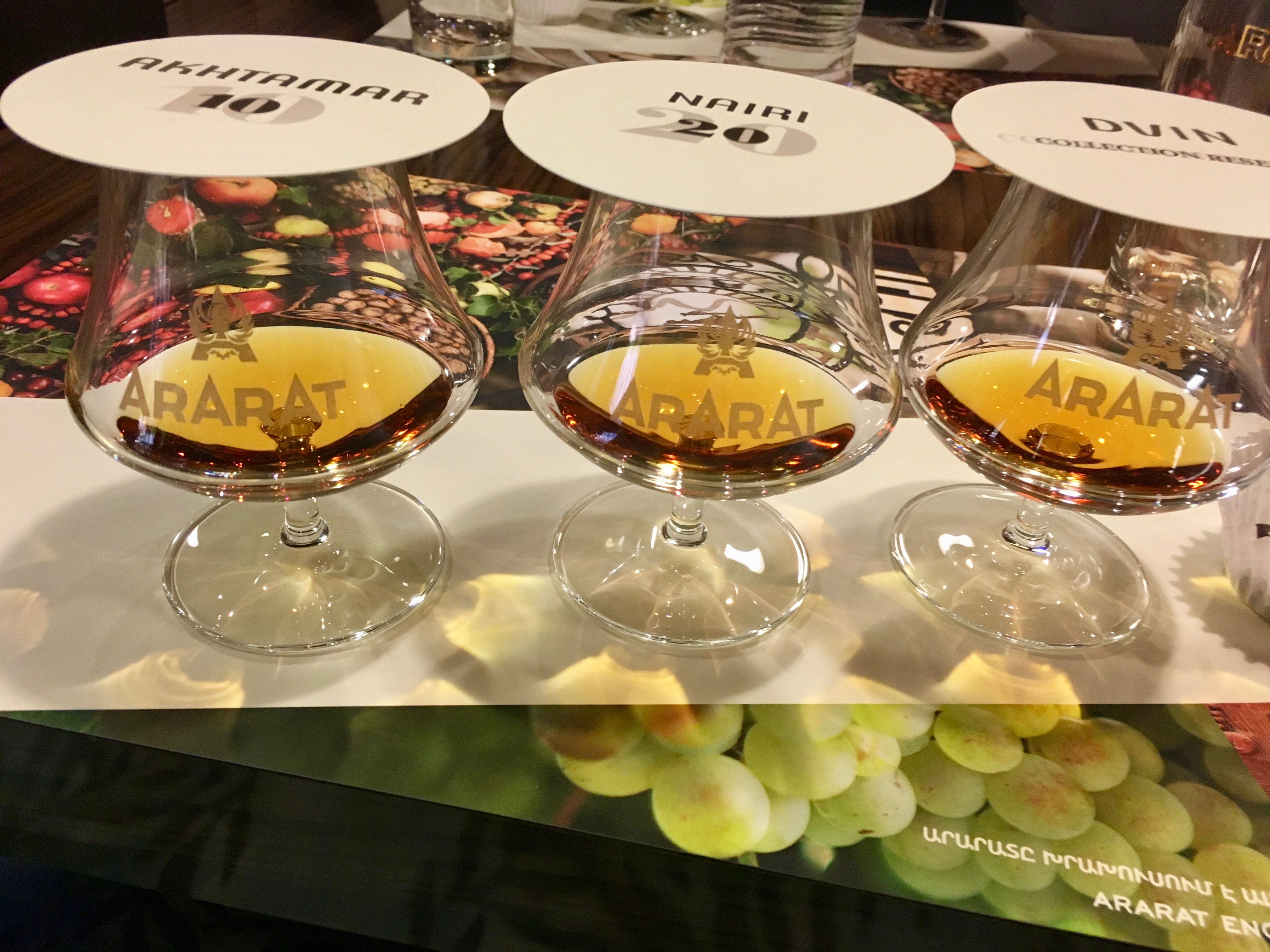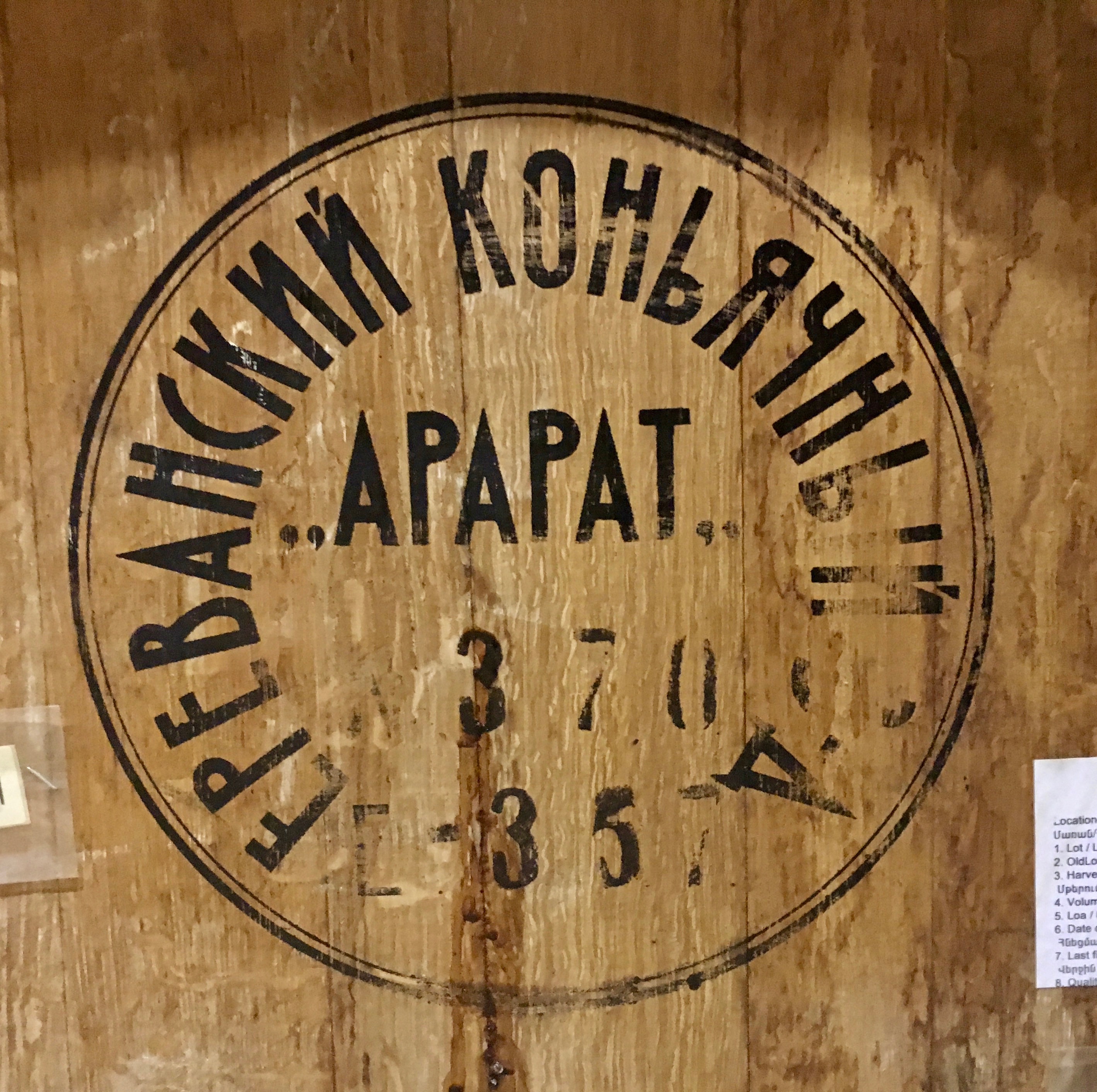In the 19th and early 20th centuries, scholars, diplomats, those generally interested in international politics and people I would call "Ottoman Watchers" -- though the term almost certainly did not exist -- discussed and debated the "Armenian Question" at length. The decline of the Ottoman Empire saw the rise of the "Hamidian massacres" of Armenians in the 1890s and eventually the 1915 genocide perpetrated by the Young Turks.
The ethno-nationalist beliefs of the otherwise liberal-seeming Young Turks was lifted directly from European nationalism, on the rise since the 1840s. The independence and self-determination movements of this emerging nationalist sentiment might be considered a form of liberalism, but strong (conservative) ethno-nationalist currents undercut that.
While these slaughters took place leading up to the Armenian Genocide, the talkers talked. The dandies dandied. The parlor-chatters parlayed. The salon-occupiers occupied themselves. How to solve the Armenian Question? Whatever was to be done with the Armenians? Those far-away orientals?
(Yes, it's true that I just about the whitest lady who ever whited. I don't deny that or the privilege attached to it, even though an entire branch of my family were considered 'Eastern' until very recently.)
My ancestors lived and died through that. One of my direct ancestors was a victim, murdered by the Kemalist forces in Smyrna in 1922. Two other direct ancestors died in the refugee camp at Port Said after the successful defense of Musa Dagh in 1915 (although they were too old to have played a part in the actual fighting). Others lost siblings, aunts, uncles and cousins. That side of my family is littered with the names of people who died between 1915 and 1922. Except they did not just die -- they were massacred.
It was so unspeakably horrific that an old folk song, Nubari Boye (Nubar's Height), went from being a lovely ode from a girl to her sweetheart describing his height, his brow and handsome build to an elegiac song symbolizing the death of so many of those sweethearts.
It seemed the Armenian Question had an answer, at least for the "debaters" in drawing rooms and cafes far away. It wasn't the "right" answer, because that doesn't exist. Their answer, however, appears to have been do nothing at all and just let them be slaughtered.
But I am sure they were very intellectually stimulating debates indeed.
Now, the Communist Party of China is drawing fire for its "final solution" to the "Taiwan Question". Many have pointed out the similarity in language to the Nazis' "final solution" -- that is, the Holocaust. Something everyone with a heart and soul has agreed should never be allowed to happen again.
Obviously, this is horrifying. That should not need to be said. I simply cannot believe that whoever wrote in Chinese state-run media that there was a "final solution" to the Taiwan question was unaware of the connotations of that abominable phrase.
While this has been going on, the other half of that statement hasn't drawn quite as much fire. I understand why: it's just not as powerfully unacceptable as the other term which appears in the same sentence.
I do want to point it out, however.
The "Armenian Question" was not the only question asked in those decades. There was a "Jewish Question" too. That question was answered in much the same way as the Armenian Question: it was discussed a lot, and then a genocide was ultimately allowed to happen.
Even the Ottoman Empire's allies, the Central Powers, did nothing. Germany did nothing, even as their own ambassador, Henry Morgenthau, documented the horrors he saw. He wasn't the only one.
If that's the answer to the question -- discuss it at length as an interesting intellectual debate at a far remove from one's own personal, emotional or empathetic concerns until ultimately there is a slaughter ending in massive and heartbreaking loss of life -- then what are we to make today of the "Taiwan Question"?
Are we going to debate it as an abstract notion in international affairs, or are we going to see that Chinese threats against Taiwan are very real, very violent, and could end in the massacre of millions as an annexationist CCP attempts (and quite possibly succeeds) at subjugating Taiwan, with no rational justification?
Because that is what will happen if we treat this like an abstraction or a debate, but ultimately do little or nothing. That is what China is intending to happen -- they don't even try to hide it. They talk openly about meting out punishment to "Taiwanese independence supporters" and "splittists", knowing full well that most Taiwanese identify as solely Taiwanese and do not support unification, which by China's definition, makes them "splittists". That, again, is millions of people.
It's not just Chinese media saying this, either. China's Ministry of Foreign Affairs uses the term. Here it is from an American think tank saying they care about "safeguarding peace", while using language that implies anything but. Here's an article from a legal scholar in Singapore using it (it isn't a very good article). That's just the first page of results.

We're asking the same questions, in the same salons, the same sort of callow bloviators in different hairstyles and clothing. We're doing exactly what people did before: debating at a remove, refusing to actually try to answer the question, until the question gets answered by the wrong people and millions die.
Why do we do this? Because answering the question honestly requires one to grapple with the very real paradox: we keep saying we won't let it happen again, but we don't want to go to war to stop it. We know that actually engaging with the threat these questions pose to the lives of millions of people far away means we can't do nothing. And it's so much easier to do nothing, and then debate the next question. Write papers about it, maybe publish books or articles and pretend this is all useful work and helpful fucking debate.
But is it useful work, if it doesn't prevent the next bloody -- literally bloody -- question from being asked?
It is hard to imagine how my ancestors must have felt, hearing about the Armenian Question. I know they heard about it, because even though the people talking about them far away assumed those 'orientals' weren't listening or didn't understand, they fucking did. And I know they did, because they all spoke not just Western Armenian but English, or French, or Arabic, or any combination of these.
But I can imagine this: they most likely heard about the Armenian Question and thought simply:
I'm not a question. I'm a person.

It is not as hard to imagine how Taiwanese must feel when people ask the "Taiwan Question." I'm not Taiwanese, but I do live here. This is my permanent home, I will fight for it, and those missiles are pointed at my house too.
They are not questions. They are people.
Millions of people who will die unless the world realizes that there is no right way to answer these kinds of questions. Either you do the right thing, or you don't, but debating people's lives as an abstraction as they face an imminent threat to their survival is not useful. It's not even particularly intellectual. It's just cruel.
History repeats itself in other ways, too. The Chinese government denies the current Uyghur Genocide in much the same way the Turkish government insists the Armenian Genocide never happened. But of course it did. I know that not just because I grew up knowing my great-grandmother, a survivor, but extensive documentary evidence (including telegrams) as well as past admissions by the Turkish government that it had: a Turkish court condemned the exiled perpetrators to death in absentia. A monument to the genocide existed in what is not Gezi Park in Istanbul until Kemalists took it down in 1922.
And China will either speak the truth about Taiwan knowing few are really listening, or they'll attempt to lie about it. This is how it goes. This is the fascist playbook.
This descendant of genocide survivors -- except not all of them survived -- has not forgiven the historical figures who talked about the Armenians at length but ultimately did nothing. Who took a goddamn century to even recognize the Armenian Genocide.
And she won't forgive you in the future, if you continue to ask questions that cannot be answered as intellectual exercises, and do nothing until the people you are talking about are slaughtered.
Perhaps it doesn't matter that I won't forgive you, but I can tell you this: history won't forgive you either.

***
A reward for reading through this absolute howl, this scream from the belly: Zepyuri Nman (Like a Zephyr), all about how this guy'll come from the mountains like a gentle breeze and put his sword in his sweetheart's garden. Not joking. Those are the lyrics. Enjoy.






